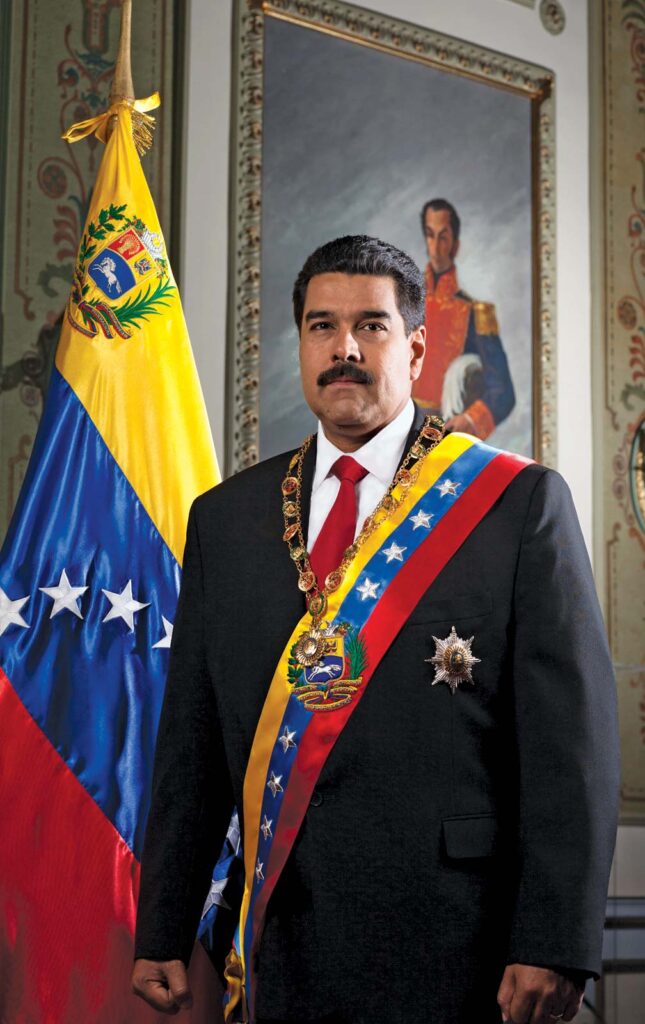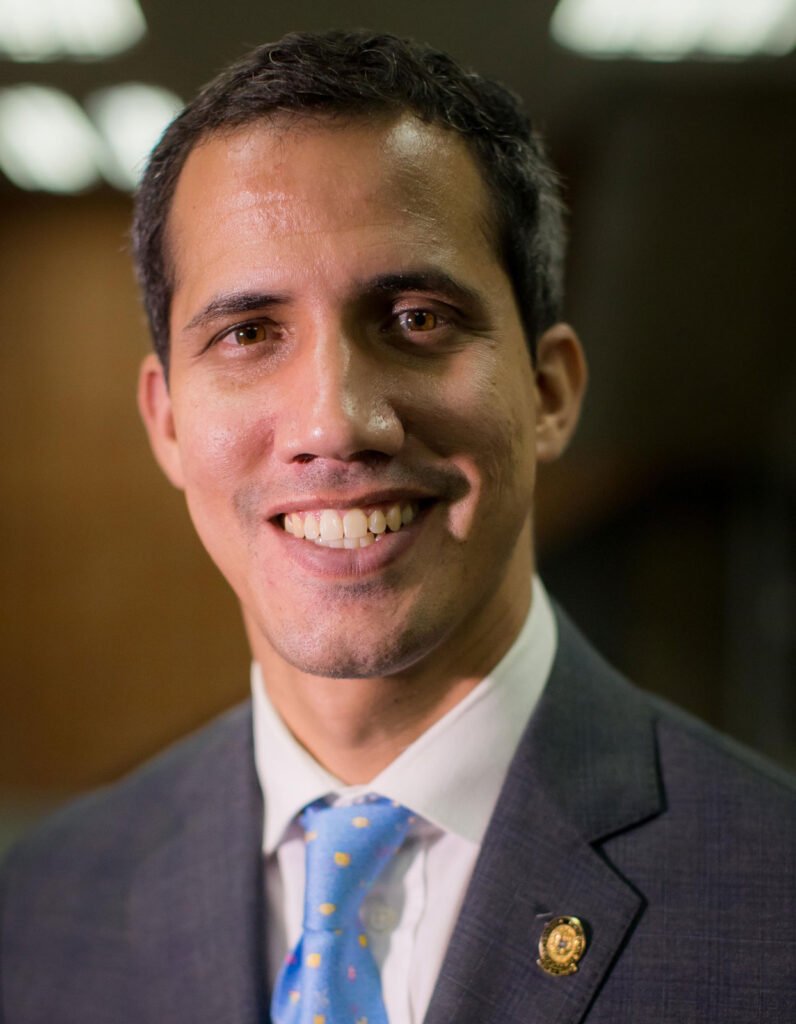Brazil, the world’s 5th largest country in area and 6th largest in population, recorded over 6,00,000 Covid-19 deaths, just behind the United States and Russia in terms of the death toll.
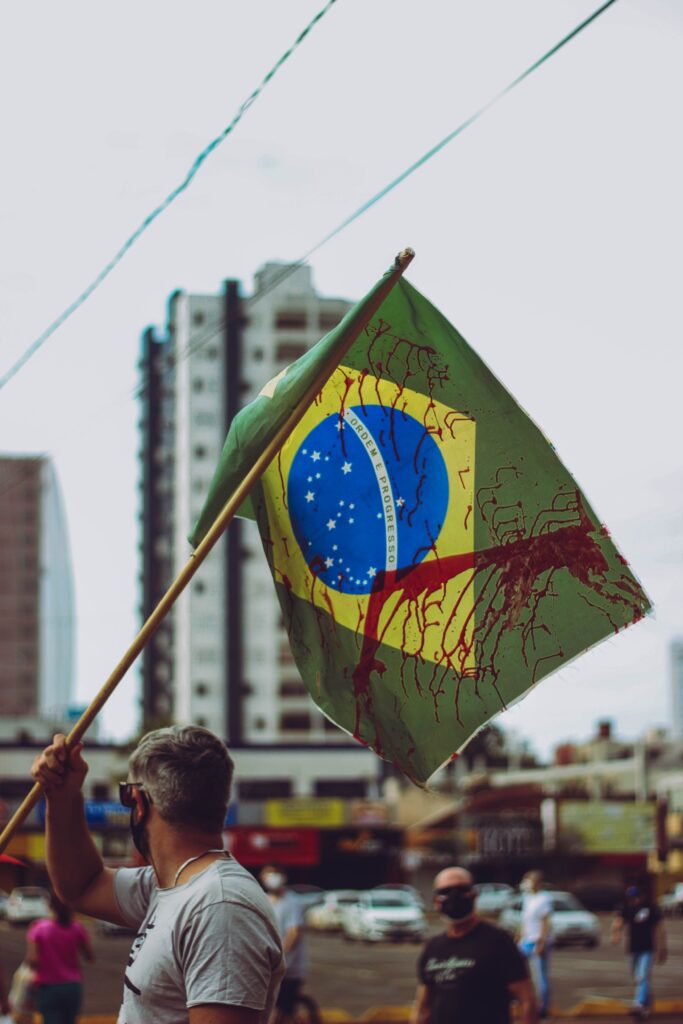
Picture Credits@ Maria Fernanda Pissioli
The United Nations High Commission on Refugees (UNHCR) and the International Organization on Migrants (IOM) have jointly appealed for $1.79 billion to support the refugees, migrants and their host communities from Venezuela, a nation with the largest proven oil reserves in the world.
These nations are staring at severe challenges on multiple fronts, having their origins before Covid-19. However, the pandemic has greatly exacerbated problems. Here we look at some of these gravest challenges with regional and global ramifications.
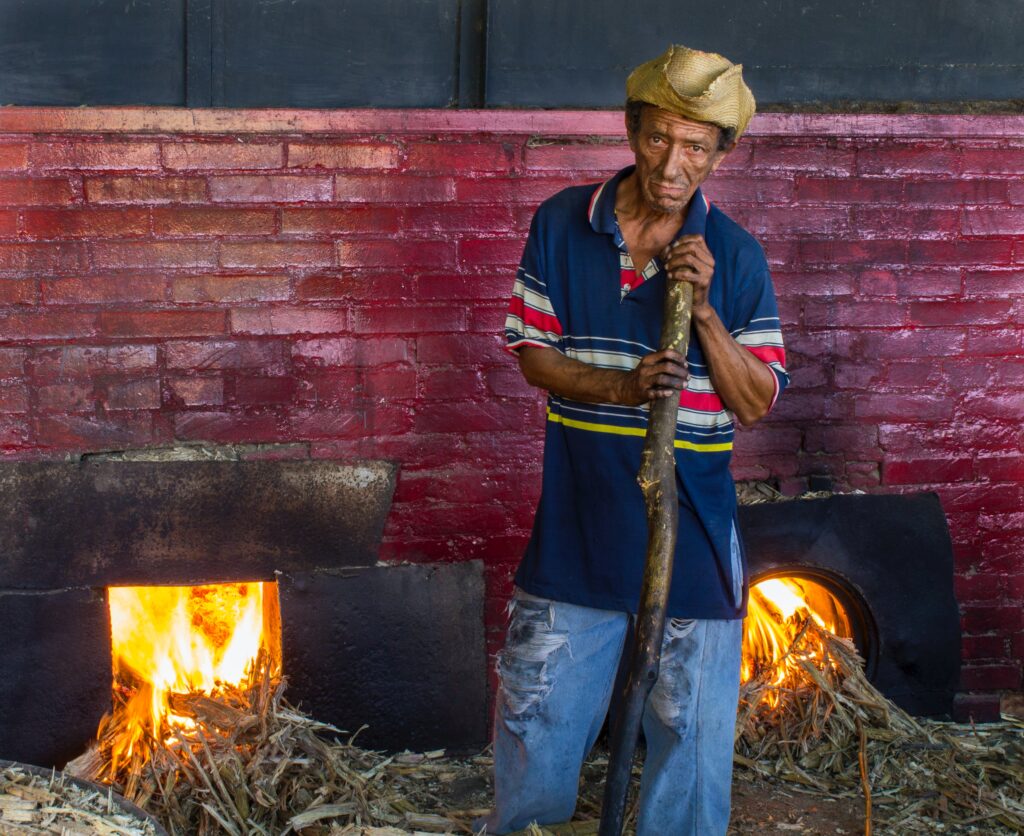
Picture Credits@ Víctor Jesús Carrasco
Economic Deterioration
Venezuela – a failed Petrostate
Venezuela’s GDP shrank by almost two-thirds between 2014-2020. And as the global demand for oil remains depressed amid the ongoing pandemic, its GDP is predicted to shrink even further. Moreover, monthly inflation has reached alarming levels and is running above 2000%.
However, this situation is not of sudden origin. Instead, years of poor governance and mismanagement have driven a country, one of the most prosperous countries in Latin America, to economic and political ruins.
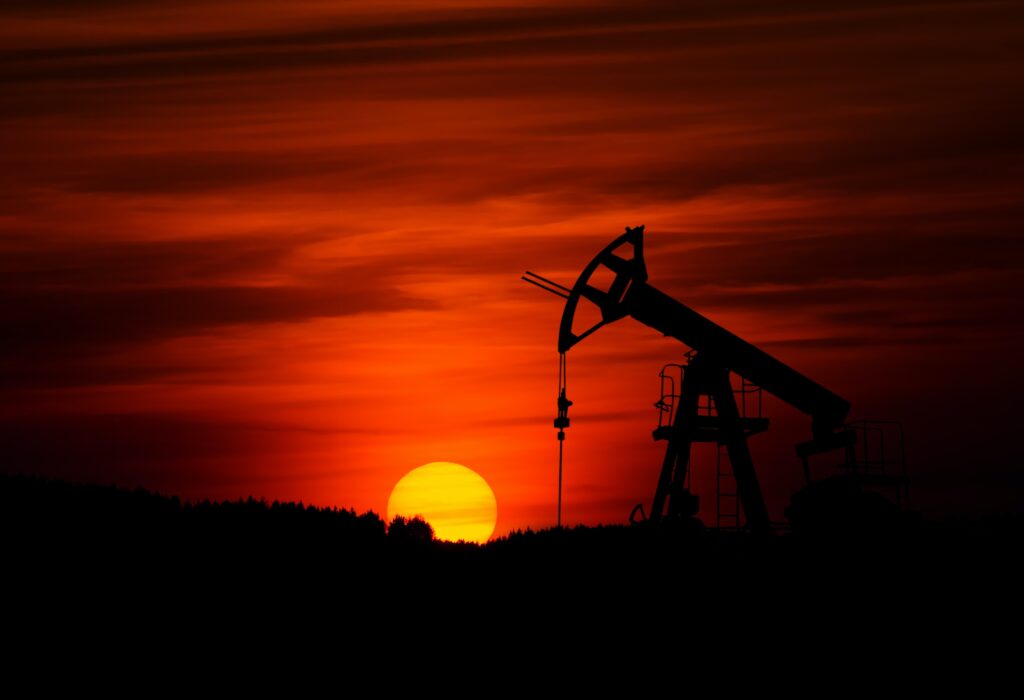
Picture Credits@ Zbynek Burival
As its economy is mainly dependent on oil exports, it is highly vulnerable to unpredictable fluctuations in global energy prices. This is what happened in 2016, when global oil prices plummeted from over $100 per barrel in 2014 to less than $30 per barrel, sucking the Latin American country into an economic spiral, which has only worsened since then.
This results in a lack of precious revenue for the government since it mainly depends on income from exports and less on taxes. This leaves fewer resources for expenditure on other critical areas such as agriculture, industries, infrastructure, healthcare & education for people and welfare services.

All this, along with the high concentration of political and economic power in an elite class, unaccountable state institutions, and widespread corruption, makes Venezuela a classic example of a ‘failed Petrostate’.
Brazil’s Economic Downturn
In 2014, Latin America’s largest economy was closing in on nearly a decade of consistent economic growth. Per capita income grew by over 400% in just about 10 years, and economic inequality reached a record low. Between 2004-2014, around 35 million Brazilians were elevated to the middle class.
However, since 2015, Brazil has entered its 6th consecutive year of slow economic growth, which turned negative during the Covid-19 pandemic. The unemployment rate touched 12%, and annual inflation is at a 5 year high. The economy is losing momentum even after the pandemic-induced restrictions are lifted, and an expanded vaccination drive is ongoing.
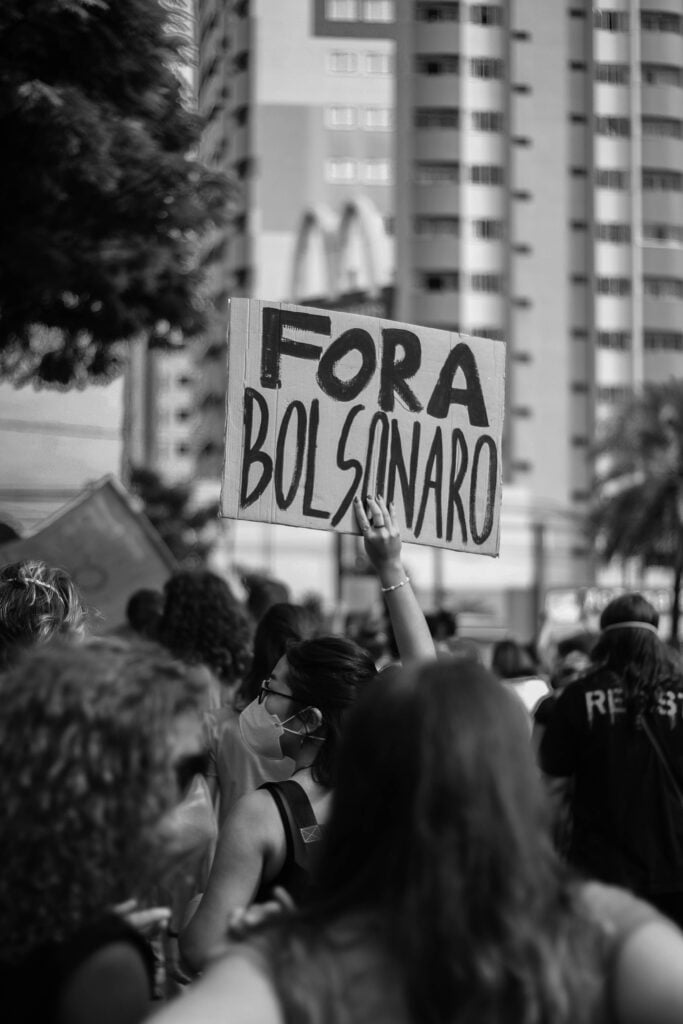
Picture Credits@ Maria Fernanda Pissioli
And now, many of Brazil’s concerns are out of its control. Disruptions in global supply chains and climate change have increased commodity prices, fuelling inflation. In addition, investors are evidently worried about public finances as Brazil’s President Bolsonaro is pushing for a change in an austerity law to boost social expenditure ahead of elections in 2022.
Therefore, the Latin American country is now staring at an aggravated economic crisis amidst the pandemic.
Spiralling of Economic Crisis into other areas
Destruction of Amazon – a threat to Global security
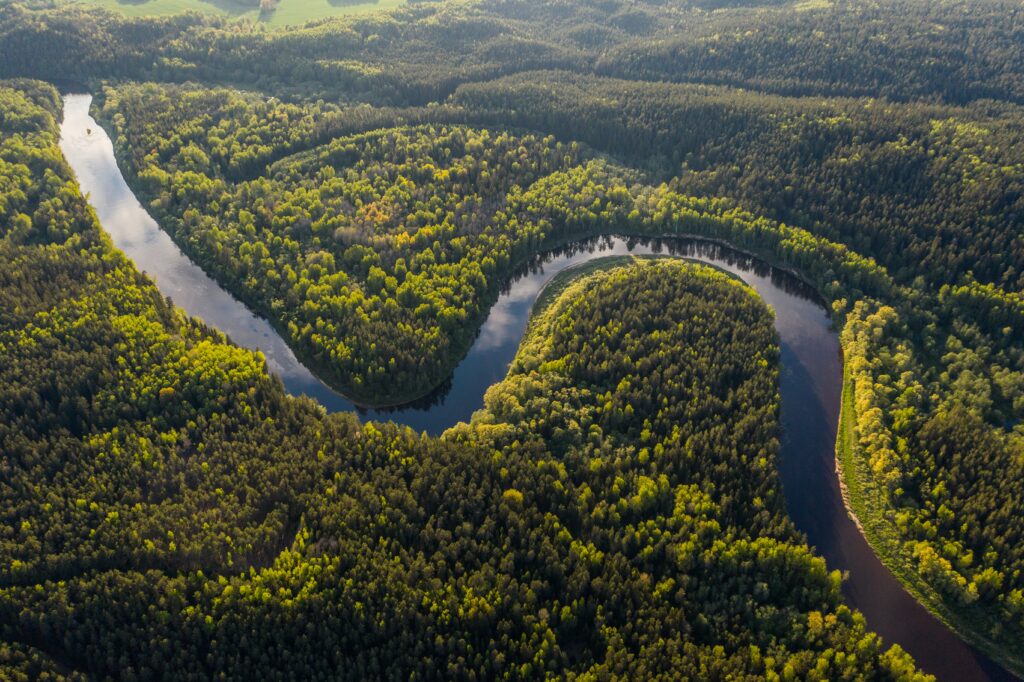
Picture Credits@ Ivars Utinars
Amazon rainforest, Earth’s most biodiverse region and one of its most crucial carbon sinks, is under grave threat. Satellite imagery analysis suggested that Amazon was, at one point, losing an area equivalent to 3 football fields every minute due to deforestation. And this has dire consequences for the world.
Critically, in today’s globalised systems, the fate of Brazil’s economy and the Amazon rainforest are linked together.
More than 80% of soybean and about 20% of beef produced in Brazil is exported.
For the farmers, most who live & operate in the Amazon, a struggling economy and weak domestic currency are favourable as they give more export earnings. These earnings can potentially be used for purchasing and clearing more and more forest land for cultivation.
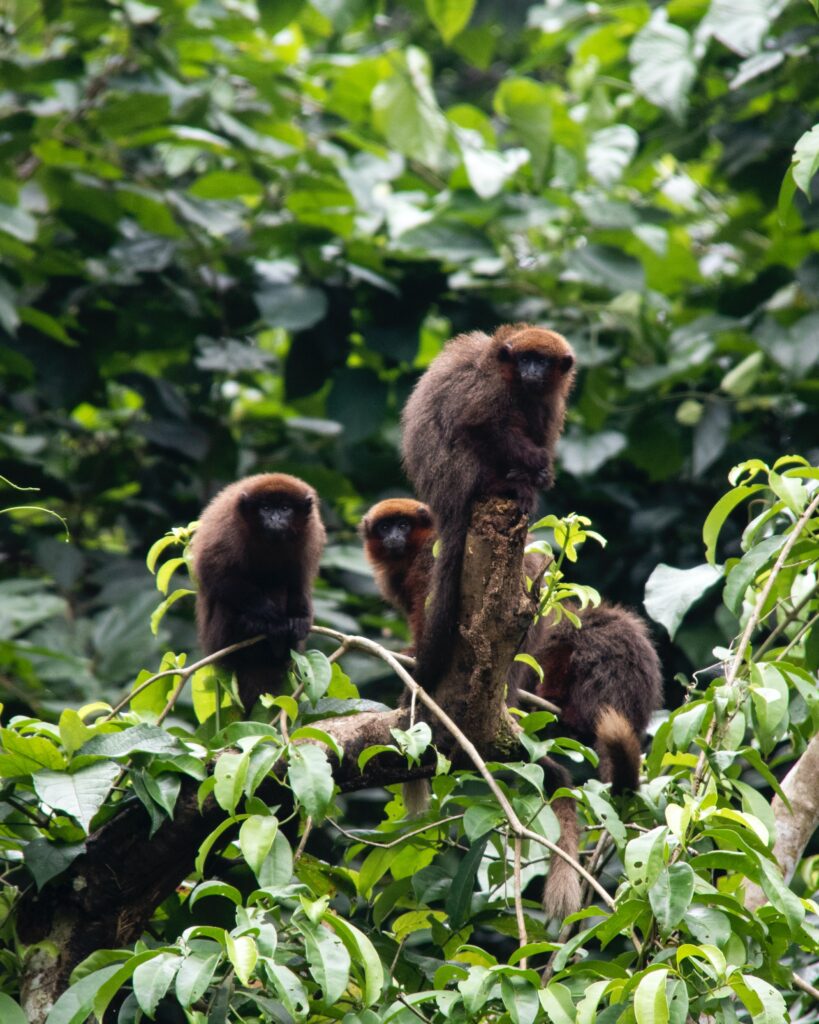
Conversely, when the economy is doing good, the currency is strong and, therefore, fewer earnings from exports for the farmers, which reduces the resources to clear the forests for new land.
And therefore, in today’s times, when the Brazilian currency REAL has hit a record low, it has pushed up export revenues for the farmers. Consequently, in 2020, deforestation reached its highest level ever in the Amazon.
Read more about environment-related issues here!
The water crisis in Brazil
To make matters worse for Brazil, it faces a severe drought situation despite having the most significant quantity of fresh water in the world. Apart from eroding a vital carbon sink of the world, Amazon deforestation has reduced the precipitation over those areas. The carbon released in the atmosphere has also altered with the formation of rain clouds.

Picture Credits@ Alexandre Lecoq
With water storage in the dams at a historic low, hydropower generation has been hit, forcing Brazil to meet the energy demands by burning fossil fuels. Thereby exacerbating the very issue which caused the water crisis.
Therefore, the water crisis in a country that depends on agriculture for almost 25% of its GDP is the last thing the Brazilian government wants.
Migration crisis in Venezuela
Venezuela’s poor economic health, coupled with international economic sanctions and the Covid-19 pandemic, has fuelled one of the gravest humanitarian disasters. As per a survey, 77% of Venezuela’s 28 million citizens live in extreme poverty, the highest in Latin America.

Picture Credits@ Crawford Jolly
Since 2014, over 6 million people from Venezuela have migrated to neighbouring countries seeking food, livelihoods, and a better life. However, over 1,00,000 of them have returned home since the pandemic’s onset has led to their job loss. But they are unable to find any livelihood opportunities in their home country.
The shortage of essential goods such as drinking water, food, medical supplies, fuel, and electricity is rampant. In addition, riots in the country have left many people with no choice but to migrate again.
Political Instability and Geopolitical Game
Power-Play in Venezuela
The economic, humanitarian, and health Crises in Venezuela have become more and more complicated because of an ongoing leadership crisis. Nicolas Maduro won a controversial and heavily disputed election in 2018, and Juan Guaido, the National Assembly leader, proclaimed himself the President of Venezuela.
This powerplay is also becoming a part of geopolitics as the global powers look to improve their influence in Latin America. The United States and 50 other nations have recognised Juan as the Interim President of Venezuela. But countries such as Russia, China, Iran, Turkey, and Cuba continue to support Maduro.
Despite international sanctions and recognition of Juan as President by many nations, Maduro’s control on power has not loosened. Interestingly, in November 2021 elections, pro-Maduro candidates clean-swept mayor and governor posts across the country.
But the nation still faces political uncertainty and is also an open space for global powers to influence.
Bolsonaro and Democracy in Brazil
Since assuming office in 2019, Brazilian President Jair Bolsonaro has posed considerable risks to democracy in Brazil. He has joined demonstrations calling for military intervention in politics and the closure of the Legislature and the Supreme Court. He has also systematically undermined public trust in Brazil’s electoral system.
Even the judicial and politically independent institutions have not stemmed the President’s authoritarian tendencies.
Concerns related to the destruction of Amazon because of deforestation and climate change have intensified diplomatic pressure on Brazil to act on these issues. However, Bolsonaro has often used nationalism to provoke support from his people rather than tackle internal problems.
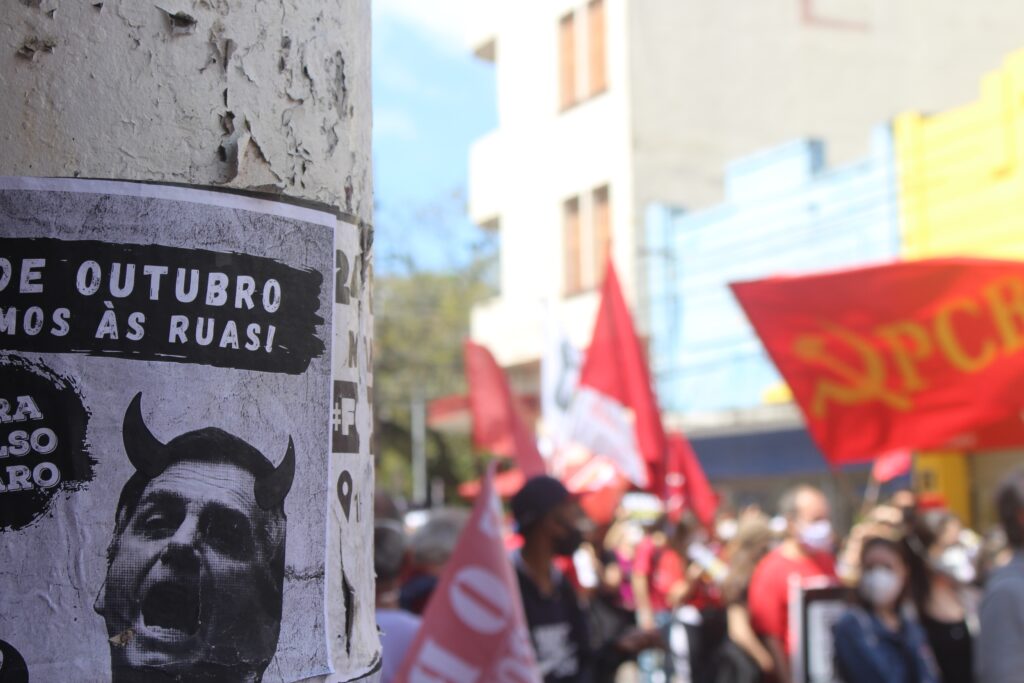
Picture Credits@ Joao Henrique
Even the willingness of US President Joe Biden to pressurize Bolsonaro over his anti-democratic and anti-environmental policies is limited. However, the US administration is now eager to co-operate with Brazil in the fight against climate change to reduce China’s influence in the Latin American nation.
Thus, even Brazil is now becoming a space for ‘cold-war’ powerplay, hurting the democratic principles of the nation.
Conclusion
Both Brazil and Venezuela are facing similar and grave challenges. It becomes increasingly important to deal with these challenges effectively when both nations are trying to recover from the horrors caused by the Covid-19 pandemic.

Lavish life of the rich Brazailians 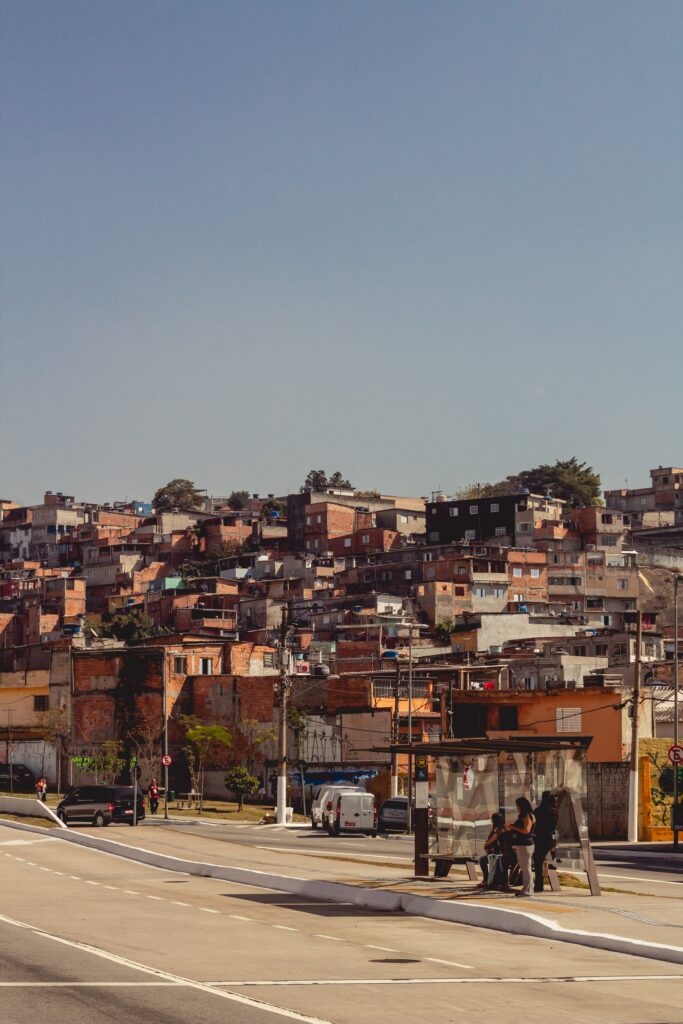
Deteorating slums in Brazil
As the two nations are getting involved in a space open for global powers to influence, it becomes imperative to respect the will of the people of the respective nations. Yet, at the same time, failure to conserve and protect the environment to prevent further destruction will be catastrophic for the entire world.
About the Author:
Ayush Gala

Apart from being a percussionist and a cricket enthusiast, it’s the unfolding tumultuous events of Geopolitics and International Relations that give Ayush the adrenaline rush he craves for. So naturally, he is pursuing his Master of Arts in International Relations and Strategic Studies from the University of Mumbai. He also loves to analyse and discuss the socio-political issues in India. He has a burning desire to make the citizens of India more aware and informative on various matters concerning them.


